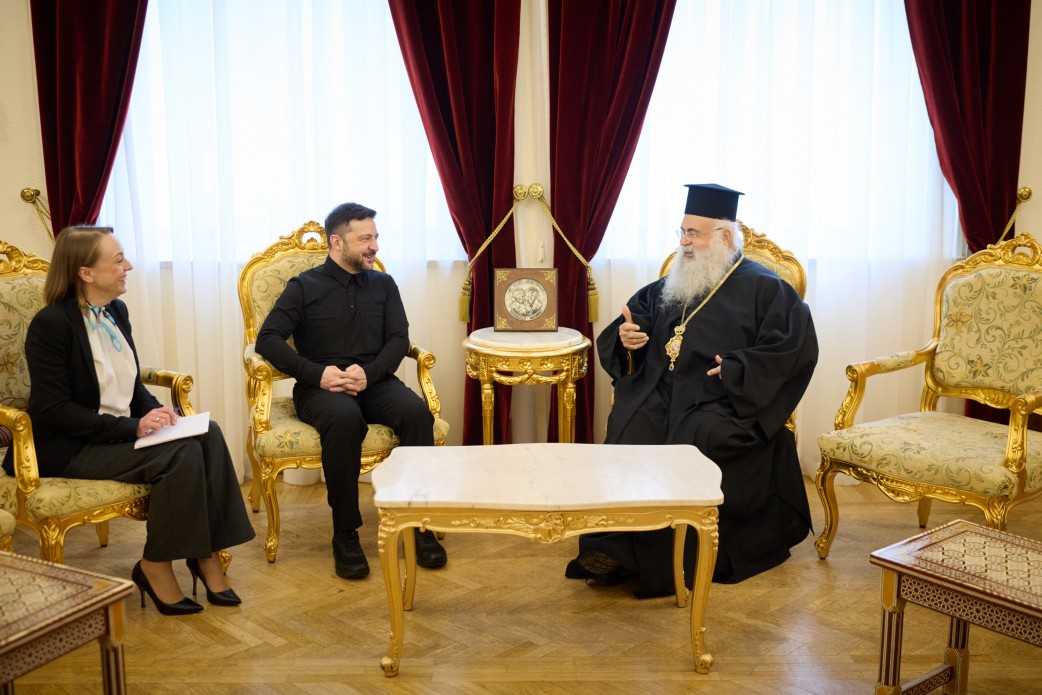Liberalizing the tax system is one of the critical steps for intensifying the pace of recovery and increasing investment attractiveness after armed conflicts. This was discussed at the annual Ukraine Economic Outlook conference on January 10, reported by Interfax.
The speakers mentioned, in particular, relatively recent cases of internal conflicts or external aggression against countries that managed to rebuild their economies in a short time - Cyprus, Egypt, and Kuwait.
"These three countries dared to radical tax reforms. Cyprus is now synonymous with low tax jurisdiction, and Egypt is the most attractive economy in its part of the world. And Kuwait never had high taxes at all, and that's why it recovered so quickly," stressed Mykhailo Kukhar, an economist at Ukraine Economic Outlook.
The experience of these economies should serve as an example for the formation of a model of Ukraine's post-war recovery and above all, to prove that the process of tax reform in our country should begin in advance, convinced the deputy head of the President's Office for Economic Affairs, Rostyslav Shurma.
"Everyone managed to adapt to the tax system that operates in our country today. Everyone knows how to work in it and knows how to optimize taxes. To one degree or another, 90% of businesses are engaged in this, Shurma noted. - I think we now need to reset the game rules once and build a tax system that will stimulate economic growth and business activity and allow everyone to work "in the white".
The deputy head of the OP noted the role of fundamental tax reforms, aimed at bringing the economy out of the shadows in the successful transition from decline during military conflicts to rapid economic growth. In his opinion, the best option for Ukraine could be the anti-corruption tax reform project, which reduces all basic taxes to the level of 10%.

"I can name a few more examples - for example, Bulgaria, which carried out such a tax reform after the great financial crisis of 2008. They reduced income tax and personal income tax by almost three times. A catastrophic drop in budget revenues was expected, but in 2009 they increased by 37%," Rostislav Shurma stressed.
He emphasized that reducing basic taxes for businesses and citizens will help stop the outflow of personnel abroad and increase Ukraine's investment attractiveness.
"We compete with other states to attract investments to locate factories, headquarters, and R&D centers. We compete with Eastern European countries, such as Poland, Hungary, Romania, and Bulgaria, for the placement of production facilities, Shurma said. - What is happening there from the point of view of income taxation? In Romania, it is 10%, in Bulgaria – 10%, in Hungary – 9%. In Poland and Estonia, there is a tax on withdrawn capital. It is clear that we cannot offer worse conditions."
Rostislav Shurma considers the taxation of wages to be an equally important aspect of an attractive investment climate. According to him, in Ukraine, this indicator, combined with the single social contribution and military fees, reaches 51.5%, while in many European countries, it does not exceed 30%. Most domestic employers resort to tax evasion schemes in full. And foreign companies are not ready to engage in tax evasion and, therefore cannot offer employees competitive conditions.
"There are a large number of optimization tools up to 10%. No civilized investor will be able to come to Ukraine, as he will have to compete for specialists and just working hands in conditions where someone can pay 1.5 times higher salary using tax optimization," Rostyslav Shurma stressed.
Also, as part of the anti-corruption tax reform, as reported by the deputy head of the OP, it is proposed to cancel payments of the single social contribution (SSC), the minimum rate of which is currently 22%. As one of the initiators of the reform concept, Shurma considers it inappropriate to pay proportional contributions without considering the actual production risks.
"This number should also be in the region of 10% to 15%, and additional services should be purchased by the employer as normal commercial insurance… Risks differ hundreds of times, as do injuries - in terms of cost and possibility of occurrence. Therefore, the cost of such insurance will be around 0.1%, and somewhere it will reach 12%," the official explained.
According to its developers, the "anti-corruption" tax reform should destroy schemes for tax evasion and minimization of tax liabilities and corruption in tax authorities. By introducing low rates (at the level of 10%), developers want to eliminate the very reason why businesses try to avoid paying taxes. The idea of ​​reform received significant support in business circles. According to Andriy Dligach, co-founder of the Center for Economic Recovery, more than 50 business communities in the country have already declared their support for the new reform.





















